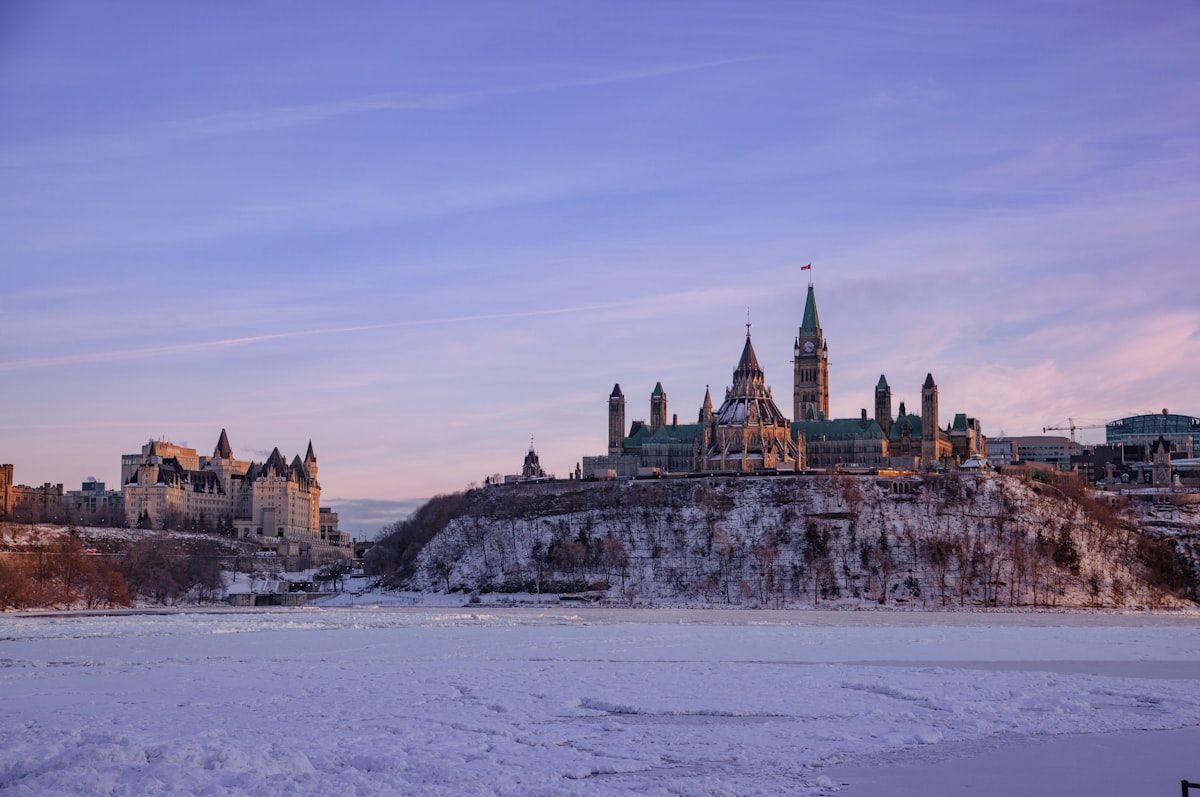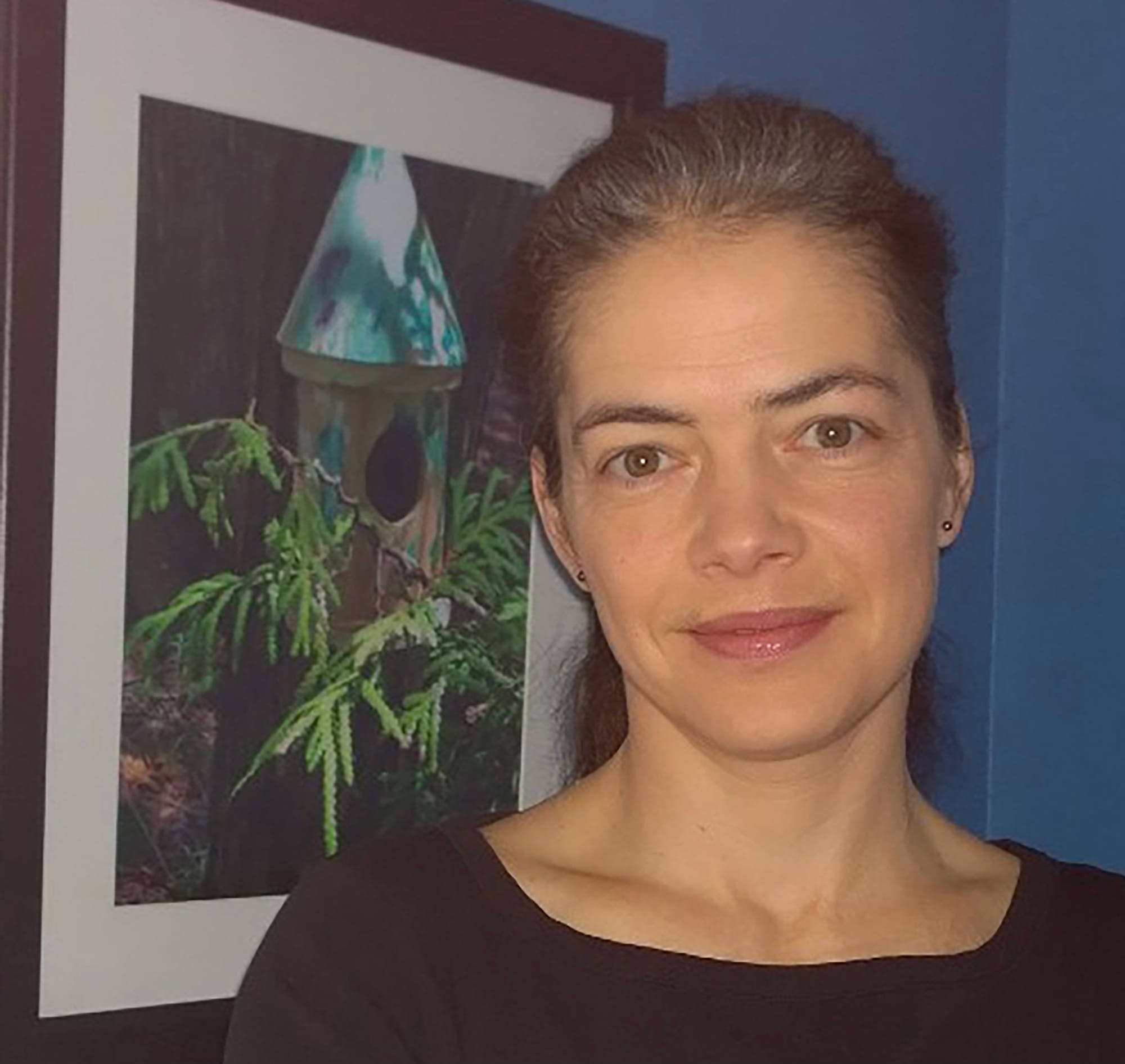Tell me Pierre, what’s a Jewish riding?

The other day, whilst criticizing Justin Trudeau, Pierre Poilievre used the term "Jewish ridings" in a sentence without, apparently, pausing to worry about it one bit.
Trudeau “paused” UNRWA funding because of ties to terrorists and revelations that their employees took part in the October 7th attacks.
— Pierre Poilievre (@PierrePoilievre) March 8, 2024
A month later he flip-flops.
His next step: he will send out his MPs from Jewish ridings to criticize the latest decision so that Liberals can…
I, like many others, asked him for a definition of what, exactly, constitutes a Jewish riding. Does it have a yellow star on it? A Jewish name, perhaps? Better bagels than elsewhere? What is it that makes a riding Jewish in Canada?
Unsurprisingly, Poilievre didn’t answer. He’s nowhere near strong enough for this sort of discourse.
So I went looking for answers elsewhere. I googled “Jewish ridings Canada” and it returned a page from Elections Canada on federal electoral districts with a Jewish population over 1%. There are 54 of those if I counted properly, out of 338. The largest Jewish population as a percentage of the electorate is in Thornhill (north of Toronto), with 29.5%. This happens to be the riding of Conservative MP Melissa Lantsman, who is both Jewish and gay. And while I’m certainly no fan of her politics, she gets props for being both the first openly gay and first Jewish woman to be elected for her party. So I guess Pierre’s argument (if my dictionary will forgive me the use of that word in this particular context) doesn’t exactly hold up so far.
Next one is the Montreal riding of Mount Royal with 21.3% Jews. This one is held by a Liberal, Anthony Housefather, who is Jewish. Not exactly in the Trudeau inner circle due to his being notoriously annoying because he’s independent-minded. I guess we’ll count that one.
After that is Eglington-Lawrence (also in Toronto) with 16.5% Jews. It’s held by a Liberal, Marco Mendicino, who as far as I can tell is not Jewish. Then York Centre (yep, Toronto), at 14%, held by Ya’ara Saks who’s a citizen of Canada and Israel and finally Toronto-St. Paul’s (no prize for guessing where that one is) at 10.9%. This one is currently vacant but was held for roughly 600 years by Carolyn Bennett who as far as I know is not at all Jewish.
All the others are below 10% Jewish, which is not exactly dominating, is it.
The question then is, why on earth would Poilievre use a phrase like that when 1) it’s not supported by any evidence whatsoever if you exclude the one Montreal riding that would rather implode than vote anything other than Liberal and 2) is at best insensitive and at worst, well, worse?
In 2021, 282,000 people in Canada identified themselves as Jewish. Out of a 2021 population of slightly below 37 million that’s … (gets calculator out)… less than 1%. Other estimates say 1.4% of the Canadian population is Jewish and frankly it could be 3% that it wouldn’t make much difference. It’s a small minority, alright? To talk as though Jews somehow controlled what the prime minister of all Canadians does on foreign policy files is, at the most generous, outrageously wrong.
But that’s not all. Earlier this week Conservative operative (and former Sun News colleague) Jeff Ballingal tweeted this:
So new polling from Leger and Abacus has the Liberals hemorrhaging seats in Montreal and Toronto.
— Jeff Ballingall (@JeffBallingall) March 11, 2024
Even if they keep Freeland and Miller's seats, a lot of these guys won't stick around in opposition.
Between that and the Liberal's membership rules being easily co-opted by…
The last politician I remember using the word “ethnic” was former Quebec premier Jacques Parizeau the night he lost the second sovereignty referendum by the split hair of the skin of his teeth.
Parizeau resigned the next day. That was in 1995. Even back then we knew it was not acceptable to talk about such things in politics. Even if you were very bitter to have lost so narrowly. No, not even if — as some suggested — you were sort of drunk that night. (I never bought that argument, for what it’s worth.)
People who are eligible to vote in Canada are Canadian citizens and fully Canadian, full stop. If we allow politicians to put people into groups and pit those groups up against one another, we agree to them tearing this democracy apart and that won’t do.
The Poilievre gang feels free to do just that, and I can promise you they’ll find me in their path.




